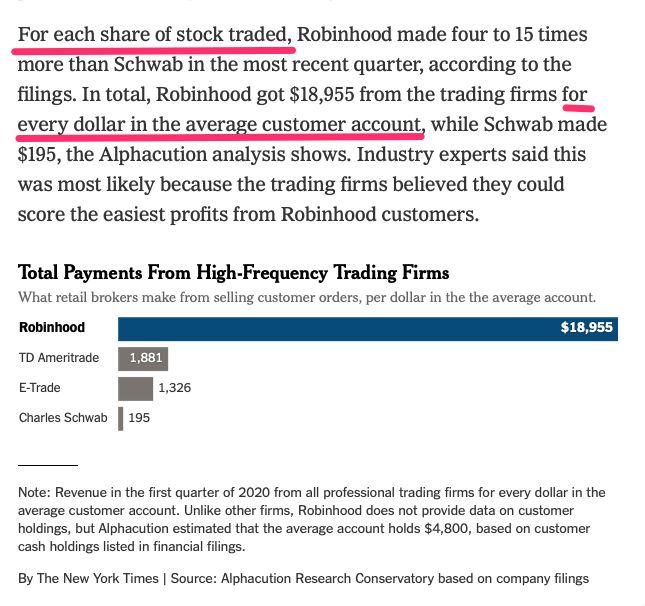
Trying to work out what this could be. “A successful enforcement action, as well as two related actions, by a U.S. federal regulator and a foreign regulator.” In the amount of about $1b-$2b. cftc.gov/PressRoom/Pres…
I mean, if the CFTC is going to put out blind-item press releases, of course we’re all going to start guessing
But I’m having difficulty thinking of anything recent and CFTC-adjacent that reached $1 billion or more
maybe the reason the settlement wasn’t identified is that it hasn’t been announced yet?
• • •
Missing some Tweet in this thread? You can try to
force a refresh








